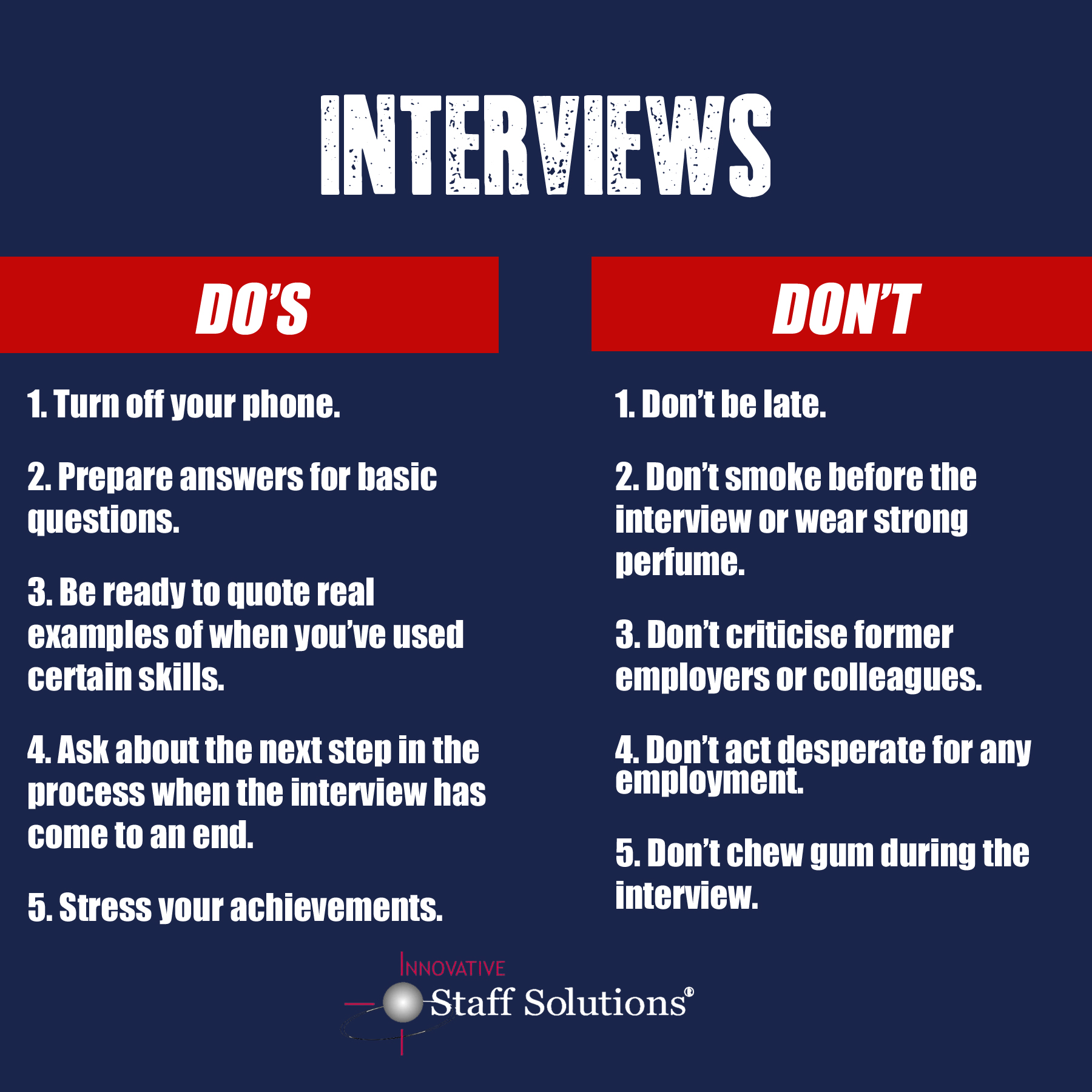Navigate The Private Credit Boom: 5 Crucial Do's And Don'ts For Job Seekers

Table of Contents
Do's:
Do Your Research:
Thoroughly researching private credit firms, their investment strategies, and their recent deals is crucial. Understanding the landscape will make you a more informed and attractive candidate for private credit jobs. This shows potential employers you're serious and dedicated to the industry.
- Explore different private credit strategies: Familiarize yourself with direct lending, mezzanine financing, distressed debt, and other strategies employed by private credit funds. Understanding these nuances will allow you to tailor your resume and interview responses.
- Analyze recent news and press releases: Stay updated on the activities of target firms. Look for recent investments, portfolio company news, and any announcements that reveal their current priorities and focus areas. This demonstrates your proactive nature and interest in the firm's specific activities.
- Network with professionals already working in private credit: Leverage LinkedIn, industry events, and informational interviews to connect with people working in private credit. Learning firsthand about their experiences and gaining insights is invaluable.
Tailor Your Resume and Cover Letter:
Highlight relevant skills and experience, emphasizing achievements rather than just responsibilities. Use keywords relevant to private credit roles to optimize your application for Applicant Tracking Systems (ATS).
- Quantify your accomplishments: Instead of simply stating your responsibilities, use metrics to showcase the impact of your work. For example, "Increased efficiency by 15% through process improvement" is far more impactful than "Managed team projects."
- Use keywords relevant to private credit roles: Incorporate keywords like "due diligence," "financial modeling," "credit analysis," "portfolio management," "debt restructuring," "leveraged finance," and "private debt" throughout your resume and cover letter.
- Tailor each application: Generic applications are easily overlooked. Customize your resume and cover letter to match the specific requirements and language of each job description.
Network Strategically:
Attend industry conferences, join relevant professional organizations, and leverage your existing network to make connections. Networking is essential for uncovering hidden job opportunities and making a strong impression.
- Attend industry conferences: Private Equity International (PEI) events and similar conferences offer excellent networking opportunities.
- Join industry associations: The Association for Corporate Growth (ACG) and other relevant organizations can connect you with professionals and potential employers in the private credit space.
- Utilize LinkedIn: Connect with professionals in private credit firms, engage in relevant group discussions, and actively participate in the platform.
Master the Technical Skills:
Private credit roles demand strong technical proficiency. Develop strong financial modeling, valuation, and credit analysis skills.
- Proficiency in financial modeling software: Master Excel and potentially specialized financial modeling software. Demonstrate your ability to build complex models and perform sophisticated financial analysis.
- Expertise in credit risk assessment and due diligence procedures: Gain a deep understanding of credit risk assessment methodologies, due diligence processes, and financial statement analysis.
- Familiarity with relevant accounting standards: A strong grasp of Generally Accepted Accounting Principles (GAAP) is essential for understanding financial statements and performing accurate analysis.
Showcase Your Soft Skills:
Private credit requires strong communication, teamwork, and problem-solving skills. Highlight these attributes in your applications and interviews.
- Emphasize collaborative teamwork: Provide specific examples of successful teamwork experiences and your contributions to team projects.
- Demonstrate effective communication skills: Showcase your ability to clearly communicate complex information, both verbally and in writing.
- Highlight problem-solving abilities and resilience: Provide examples of how you have overcome challenges and demonstrated your ability to think critically and find solutions.
Don'ts:
Don't Neglect the Fundamentals:
A solid foundation in finance and accounting is non-negotiable for private credit jobs. Don't underestimate the importance of core financial principles.
- Understand financial statements: Master the interpretation of balance sheets, income statements, and cash flow statements.
- Brush up on accounting principles and financial ratios: A solid understanding of key financial ratios and accounting principles is essential for effective credit analysis.
Don't Apply Without Research:
Sending generic applications is a surefire way to get overlooked. Each application should demonstrate a deep understanding of the specific firm and role.
- Research the firm's investment thesis: Understand their investment strategy, target sectors, and typical investment sizes.
- Tailor your resume and cover letter: Show that you have taken the time to understand the firm's unique characteristics and the specific requirements of the position.
Don't Underestimate the Interview Process:
Prepare thoroughly for behavioral and technical interviews. Practice answering common interview questions related to private credit.
- Prepare for behavioral questions: Practice answering questions about your experience, strengths, weaknesses, and how you handle challenging situations.
- Practice your technical skills: Be prepared to discuss your financial modeling skills, valuation techniques, and credit analysis experience.
Don't Be Afraid to Negotiate:
Once you receive an offer, don’t be afraid to negotiate salary and benefits. Know your worth in the competitive private credit market.
- Research salary ranges: Understand the typical salary range for similar roles in your location and experience level.
- Justify your desired salary: Prepare a clear and concise explanation of why you deserve the salary you're requesting based on your skills and experience.
Don't Give Up:
The job search can be challenging, but perseverance is key. Keep applying, networking, and improving your skills.
- Stay positive and persistent: Don't get discouraged by rejections. Learn from each experience and continue to refine your approach.
- Continuously update your resume and LinkedIn profile: Keep your materials up-to-date to reflect your latest skills and accomplishments.
Conclusion:
Landing a job in the booming private credit industry requires a strategic approach. By following these do's and don'ts, you'll significantly increase your chances of success. Remember to thoroughly research private credit jobs, tailor your applications, network effectively, and showcase both your technical and soft skills. Don't give up on your dream of securing a role in this exciting and rewarding field. Start your search today and leverage the opportunities the private credit boom offers! Find your perfect private credit job today!

Featured Posts
-
 Mdkhnw Krt Alqdm Drast Hwl Antshar Altdkhyn Byn Laeby Krt Alqdm
May 10, 2025
Mdkhnw Krt Alqdm Drast Hwl Antshar Altdkhyn Byn Laeby Krt Alqdm
May 10, 2025 -
 High Potential Season 1s Underrated Character A Season 2 Victim Analysis
May 10, 2025
High Potential Season 1s Underrated Character A Season 2 Victim Analysis
May 10, 2025 -
 Whats App Spyware Case Metas Financial Hit And Ongoing Legal Battles
May 10, 2025
Whats App Spyware Case Metas Financial Hit And Ongoing Legal Battles
May 10, 2025 -
 Microsoft Activision Merger Ftcs Appeal And Its Implications
May 10, 2025
Microsoft Activision Merger Ftcs Appeal And Its Implications
May 10, 2025 -
 Palantir Technology Stock A Pre May 5th Investment Analysis
May 10, 2025
Palantir Technology Stock A Pre May 5th Investment Analysis
May 10, 2025
